No matter how tall its skyscrapers or pungent the sea’s odour surrounding it, Mumbai, or any city, can be narrowly viewed as just an island that operates on its stomach.
It has many mouths to feed and produces very little of it. It serves as a destination, port, and junction for things that pass through to other places with mouths to feed.
The city is of the stomach, by the stomach, for the stomach. Everything we do, we do it for food.
Here is a window into a few prayers, search, fuel and labour that goes into the food the city consumes.
Gathering: Backbreaking exercise to hand-pick the best
Meet people who harvest food along the margins of Mumbai. They live in villages now surrounded by the city and harvest food in waters polluted by our natural and chemical refuse. Every day, they listen to the unstoppable rhythm of the earth, her tides, and set out to gather food.
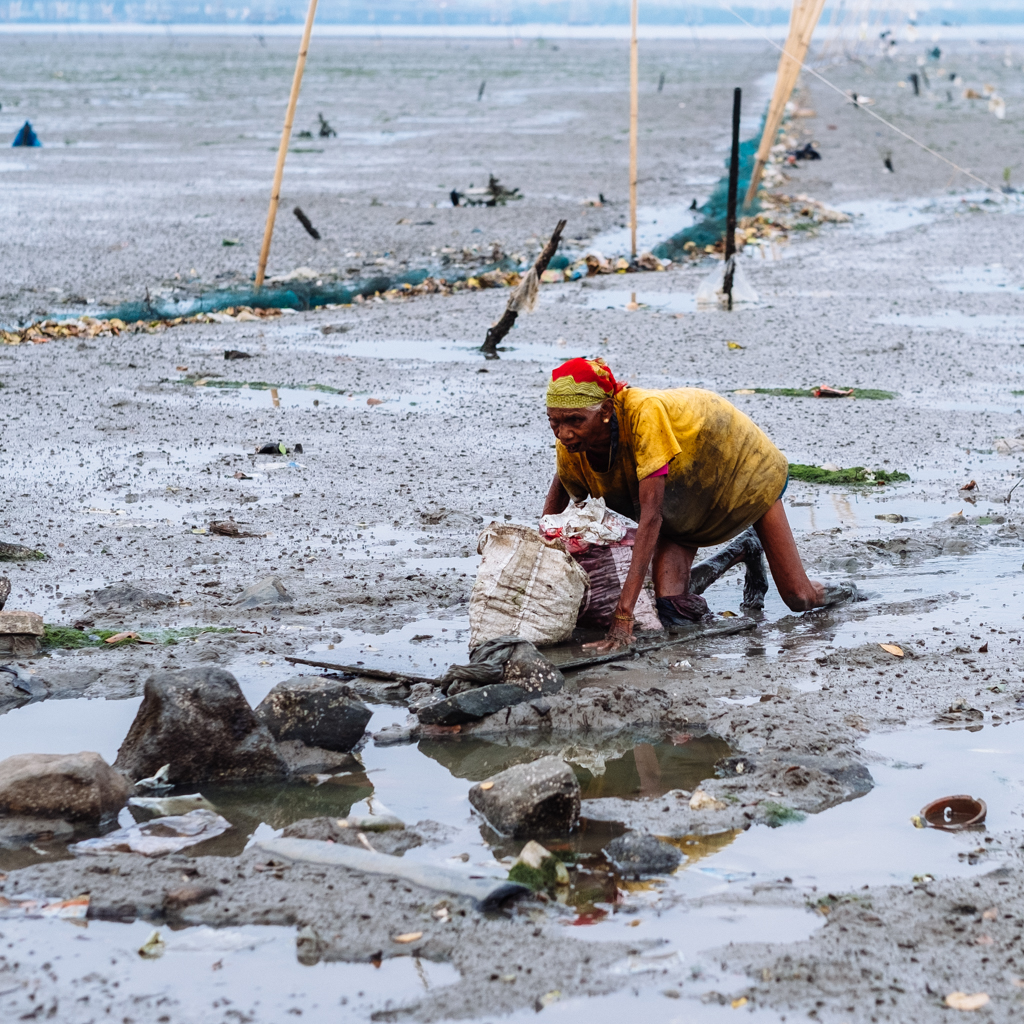
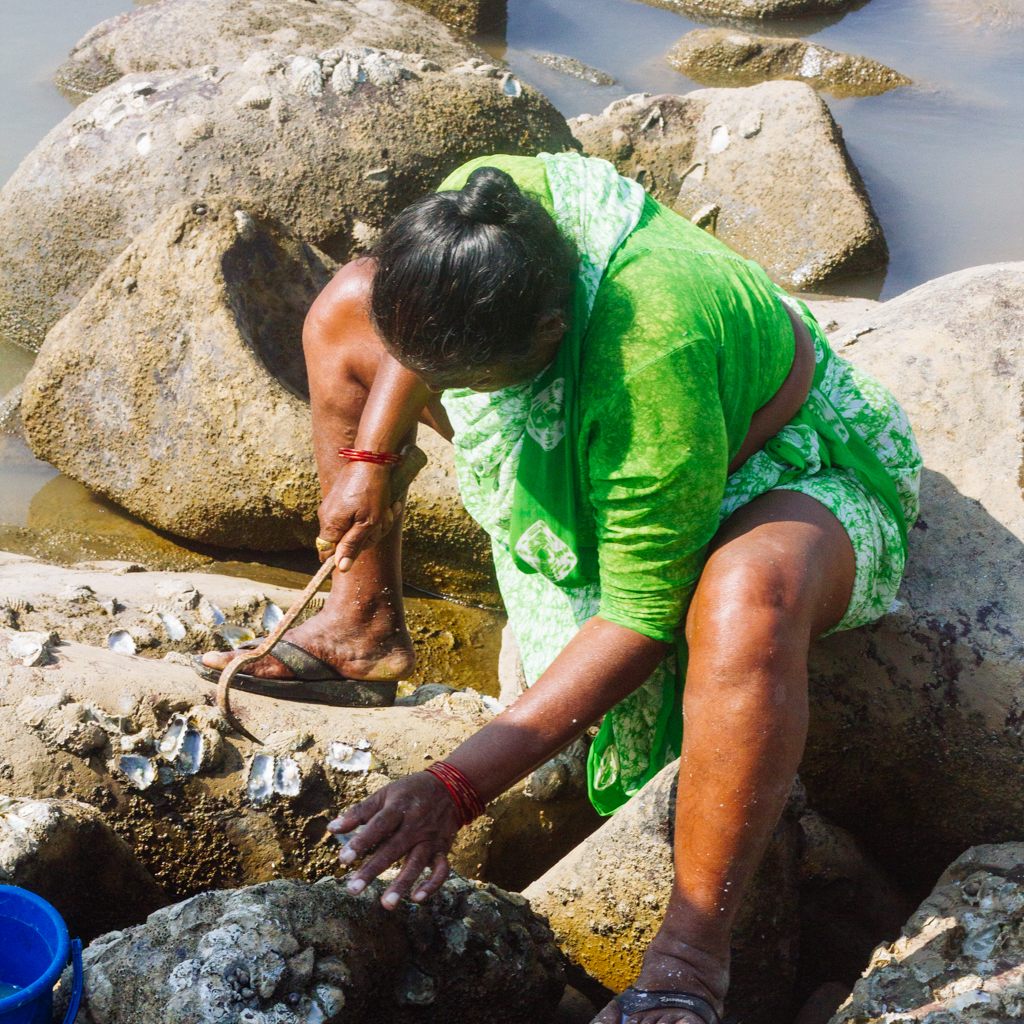
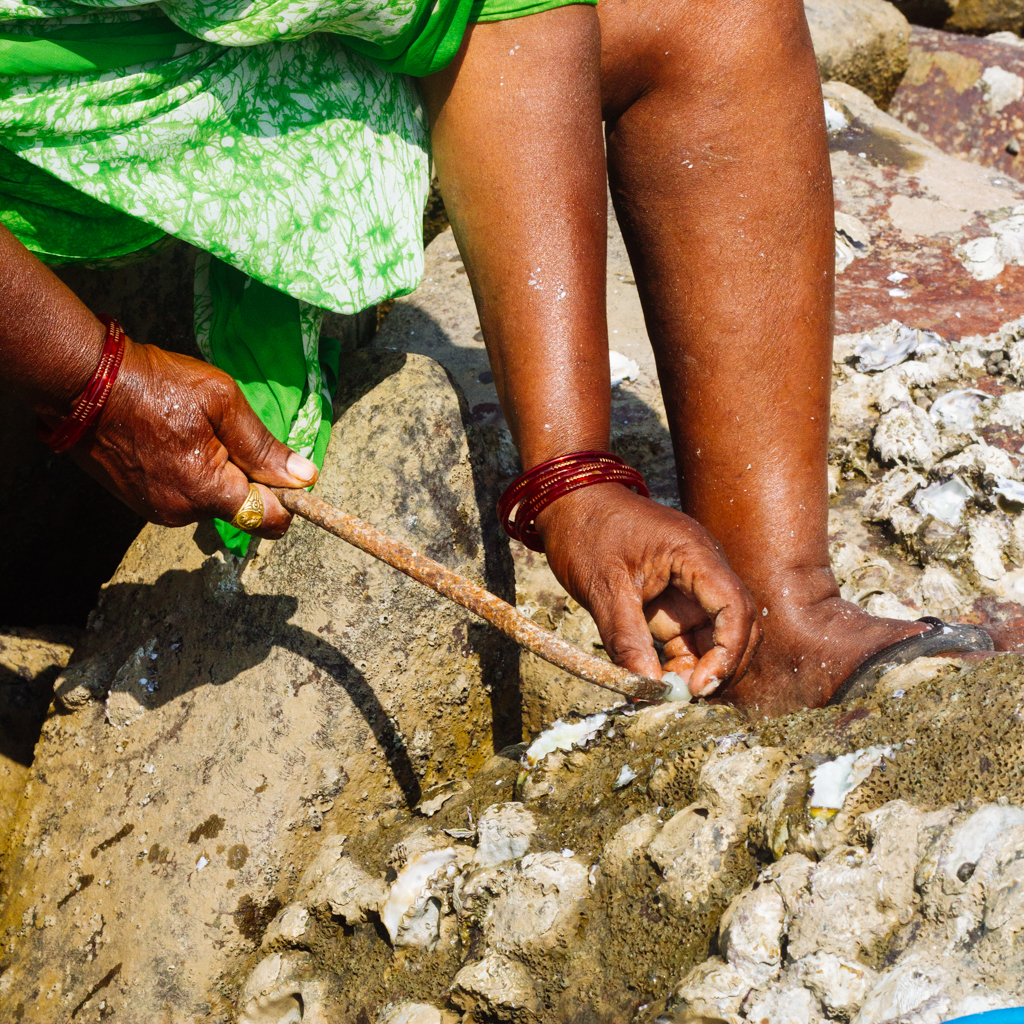
Fuel: Firewood to gas
Cooking your own food is the most economical way to sustain yourself. Most of the city dwellers as well as thousands of people and even families that live in temporary homes, often also their workplaces in Mumbai. Living on a few rupees a day, the only way they can afford nutrition is by cooking with affordable fuel, grains and ingredients.
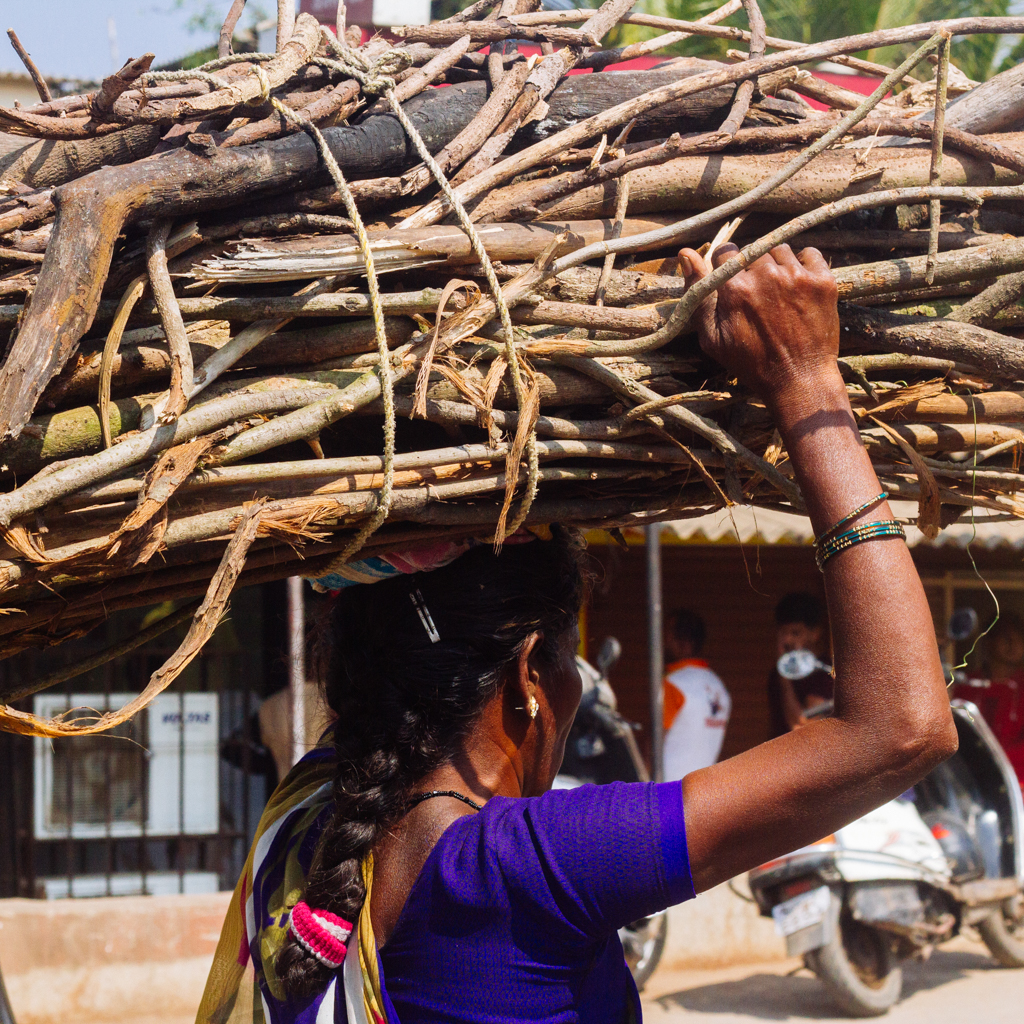
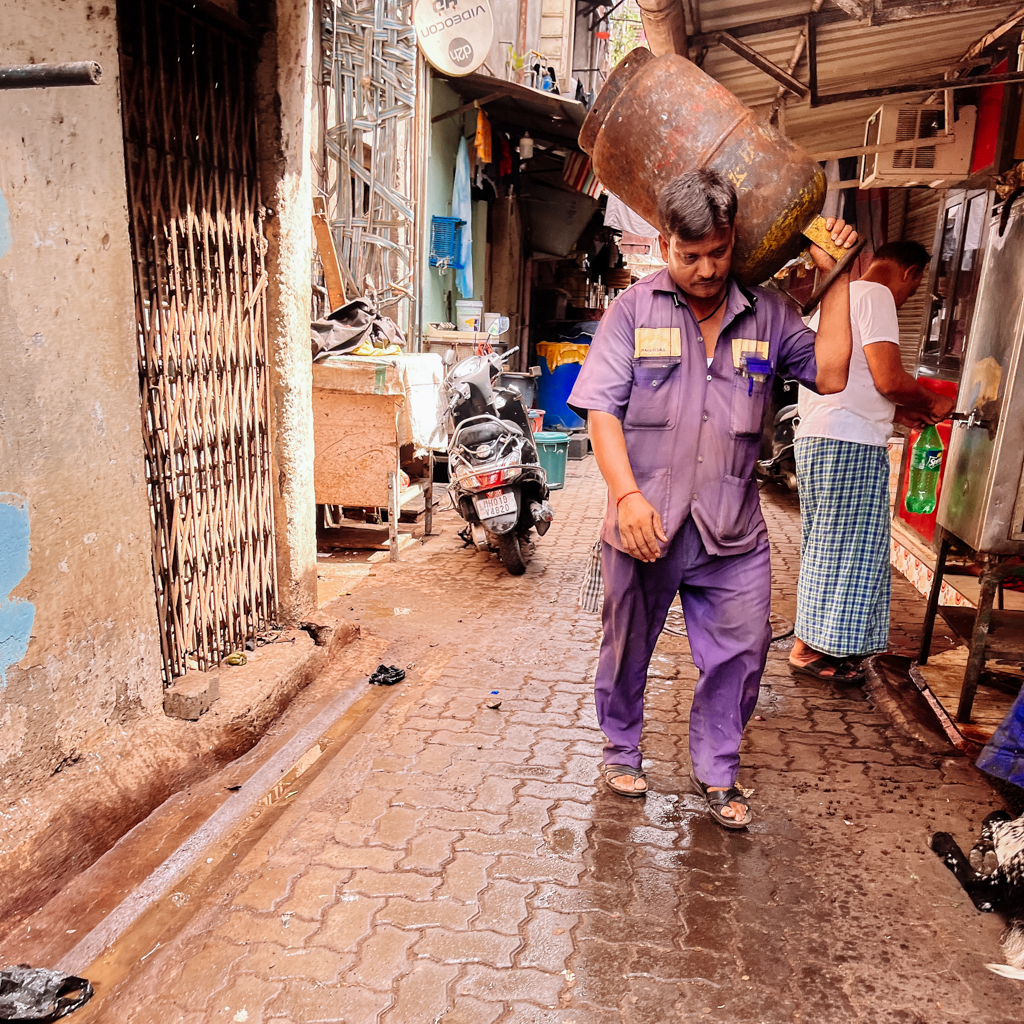
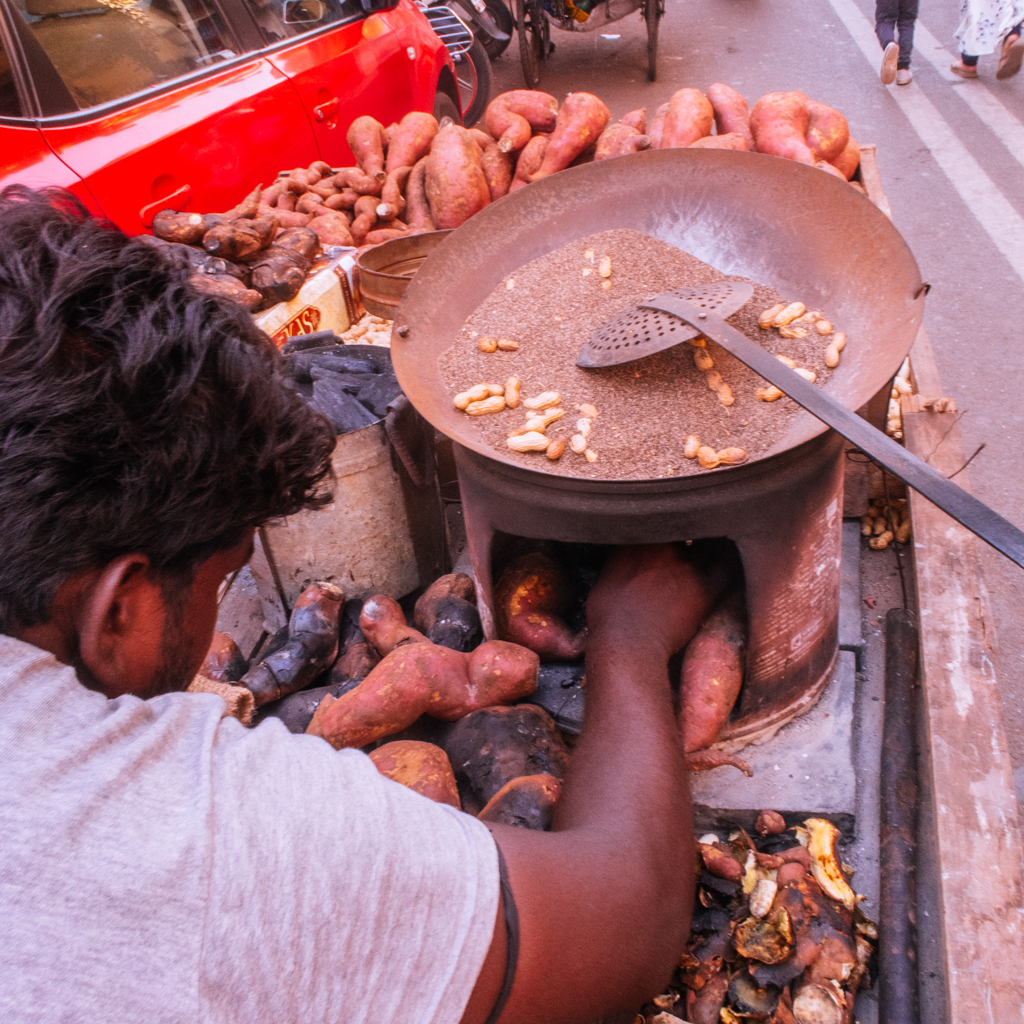
Read more: Mumbai Dabbawalas help the needy, even as they struggle to make ends meet
Labour: From factory, stove, ocean to the plate
Look around you. At home, on the streets and any place you visit. From the simplest of breakfasts to elaborate feasts, pause to think of the labour, skills and the impact our food and consumption habits of each other and the planet.
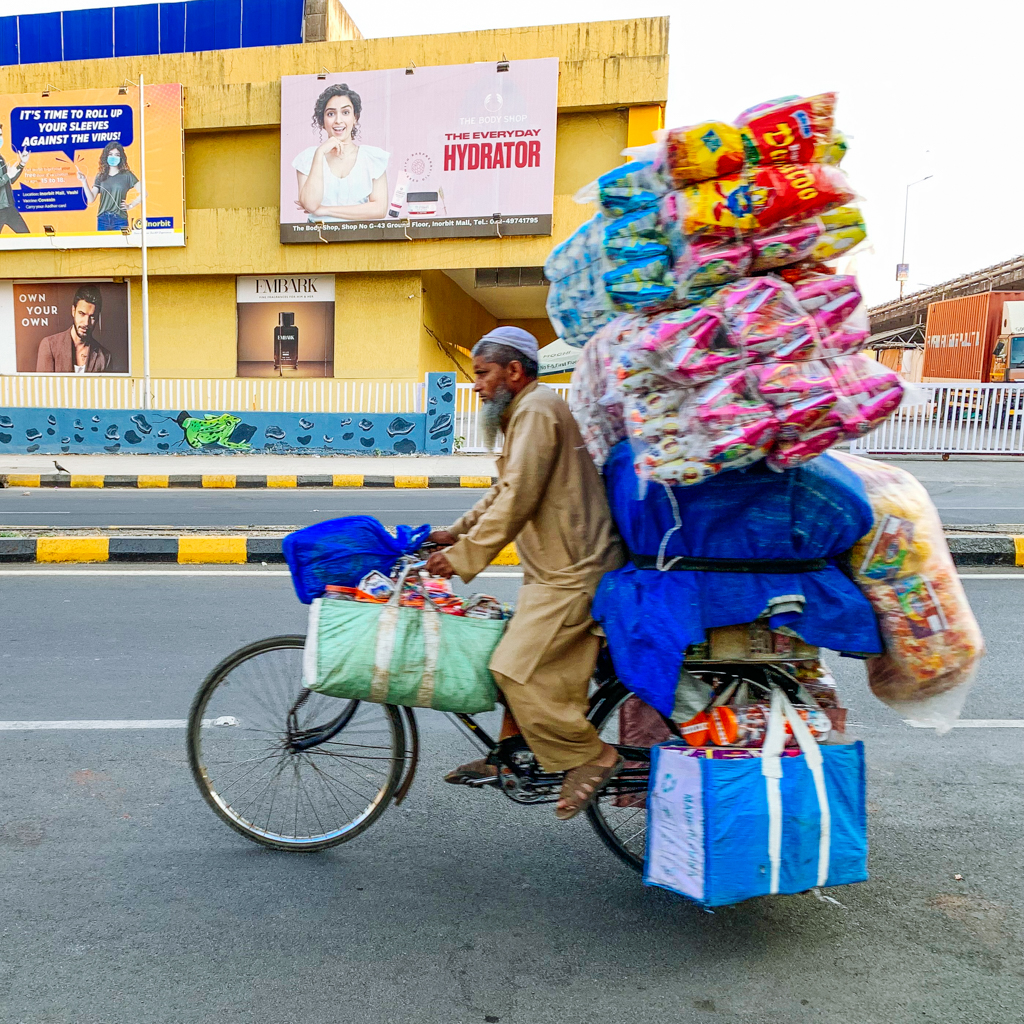
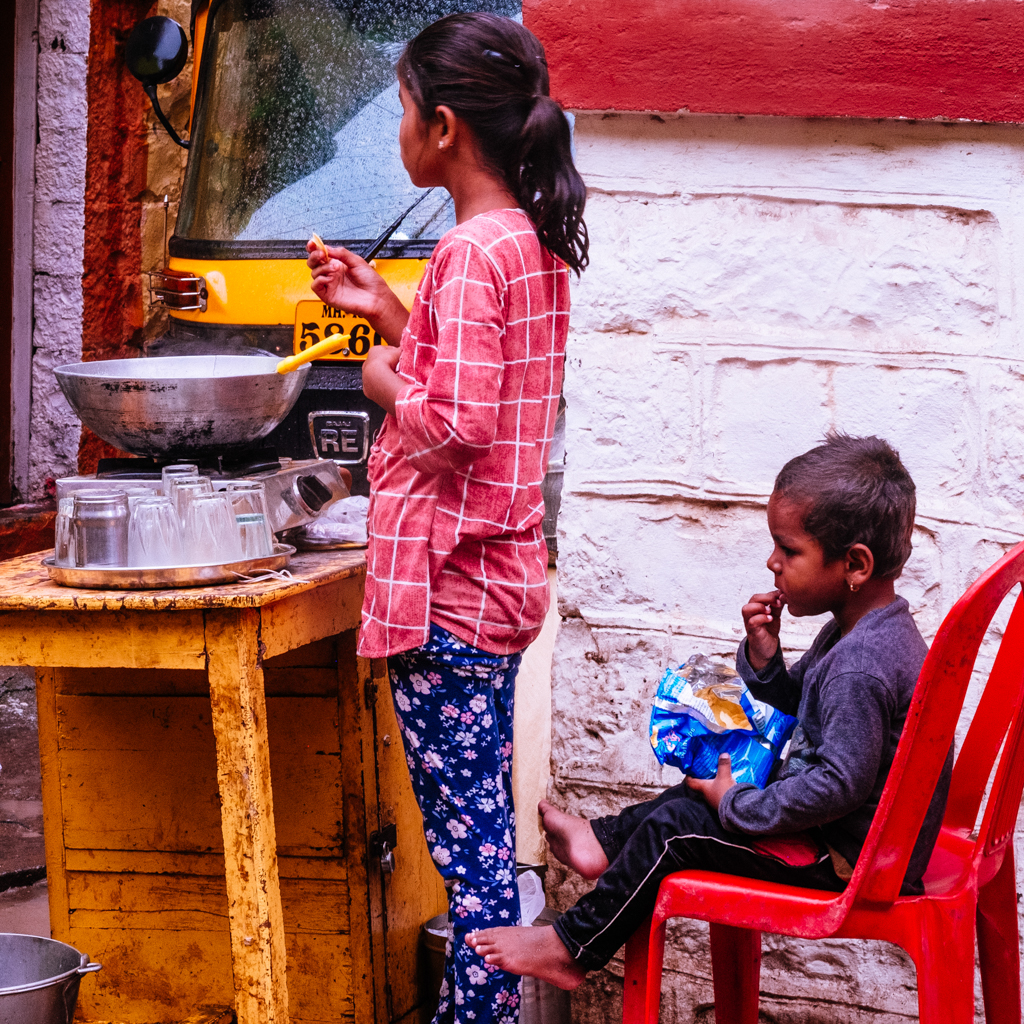
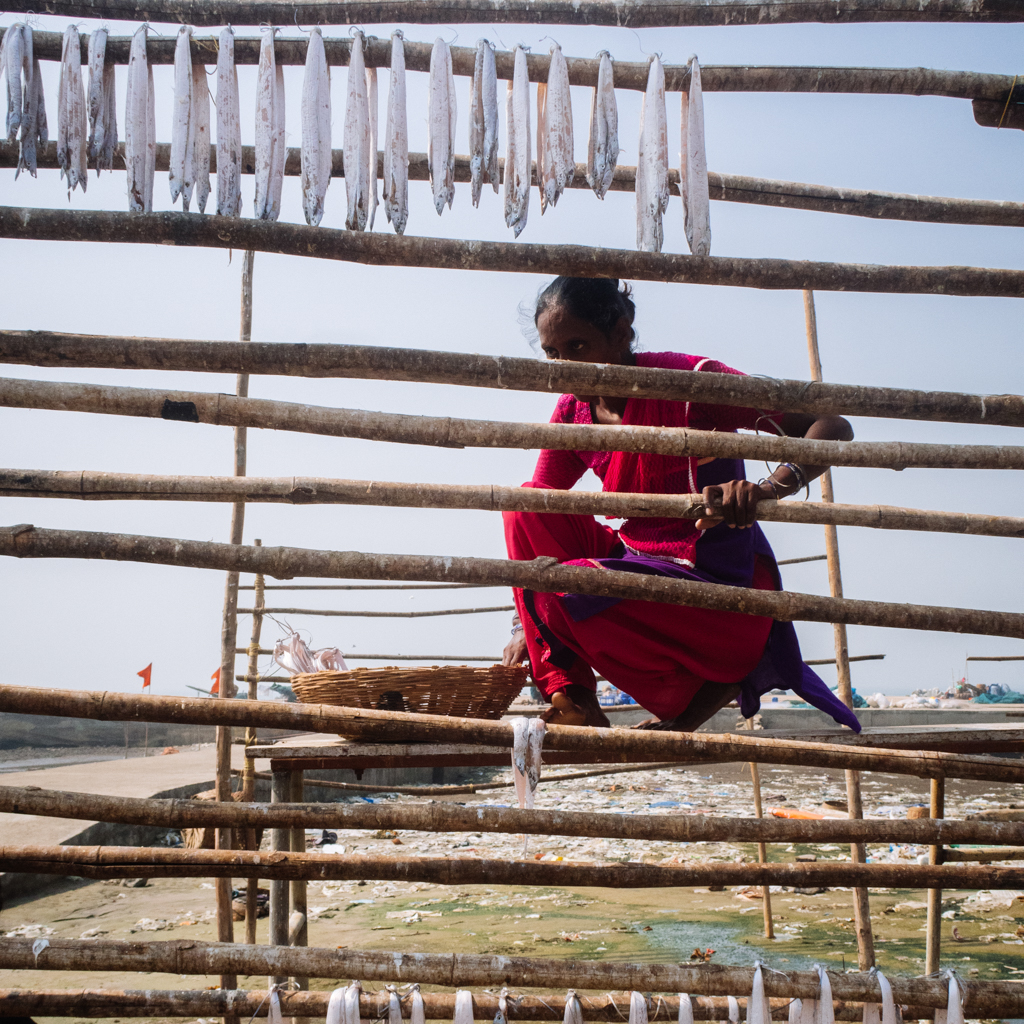
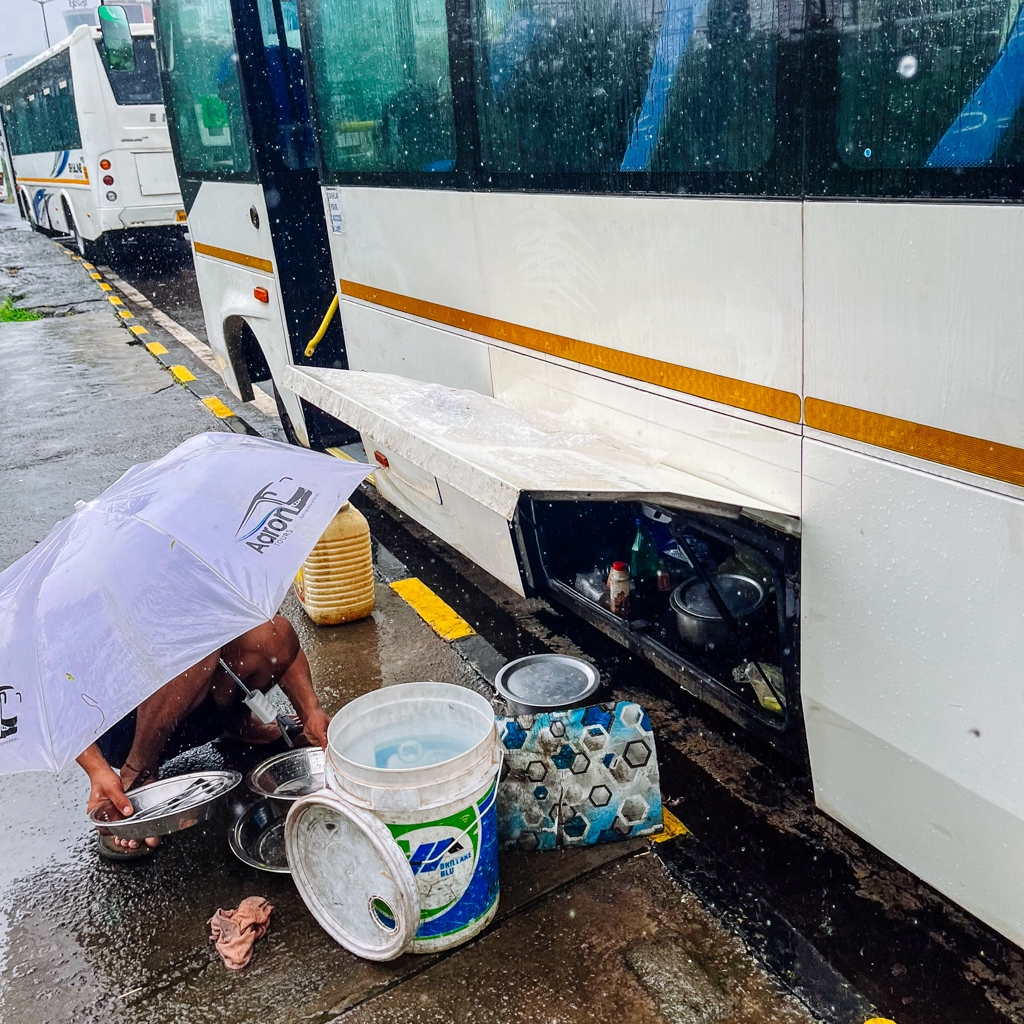
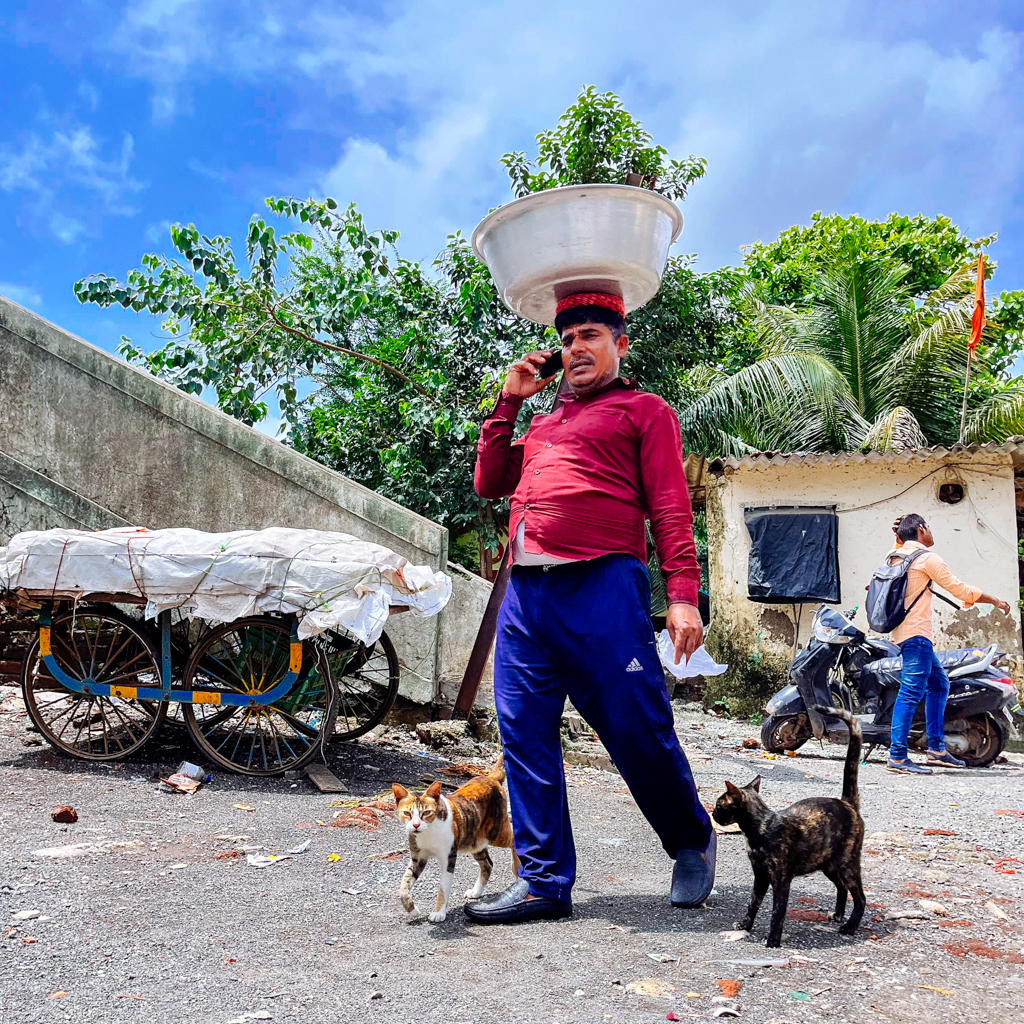
Prayers: Remember us when we are gone
The people behind the food in these images consume very little compared to most other people in the world, including you and me. But to the planet, we will become just another species to leave behind a large footprint. A carbon dioxide footprint. A few prayers to keep us from starving right now and to remember us we are gone.
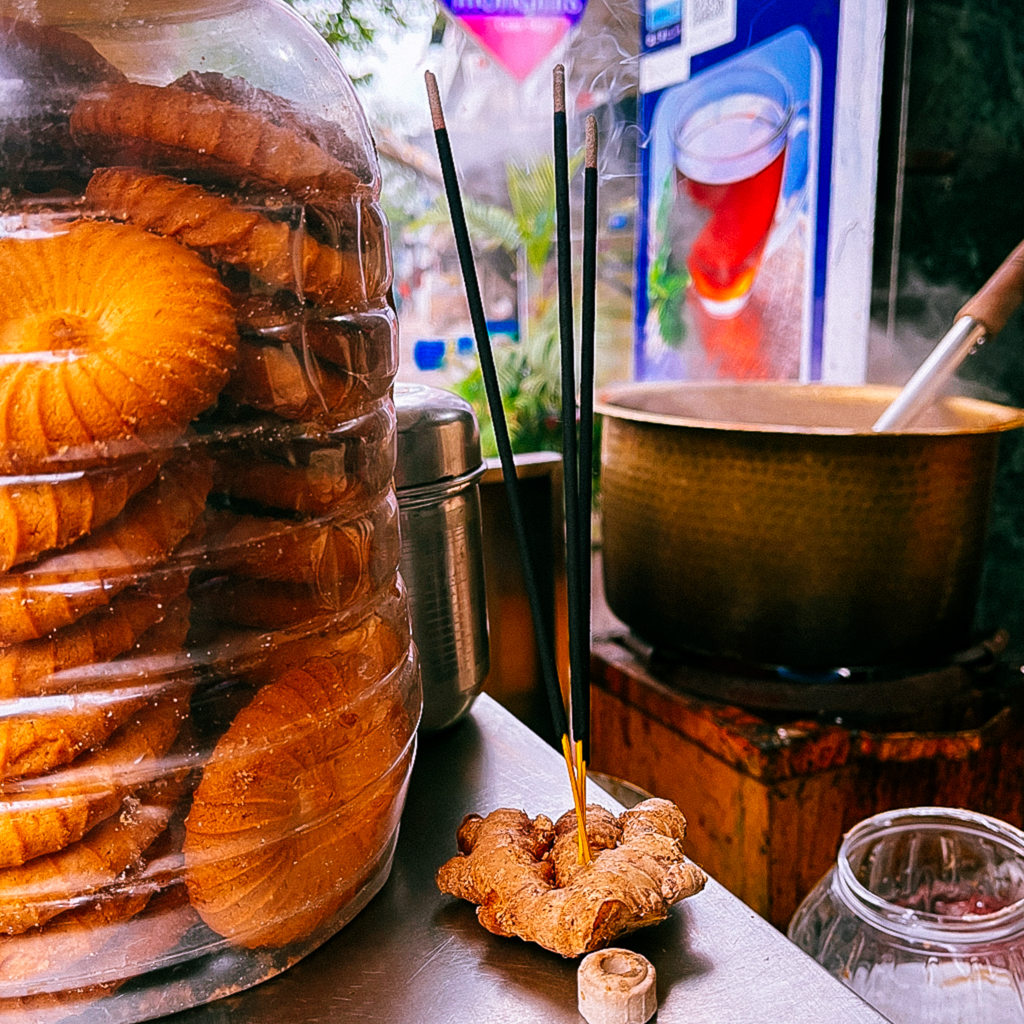
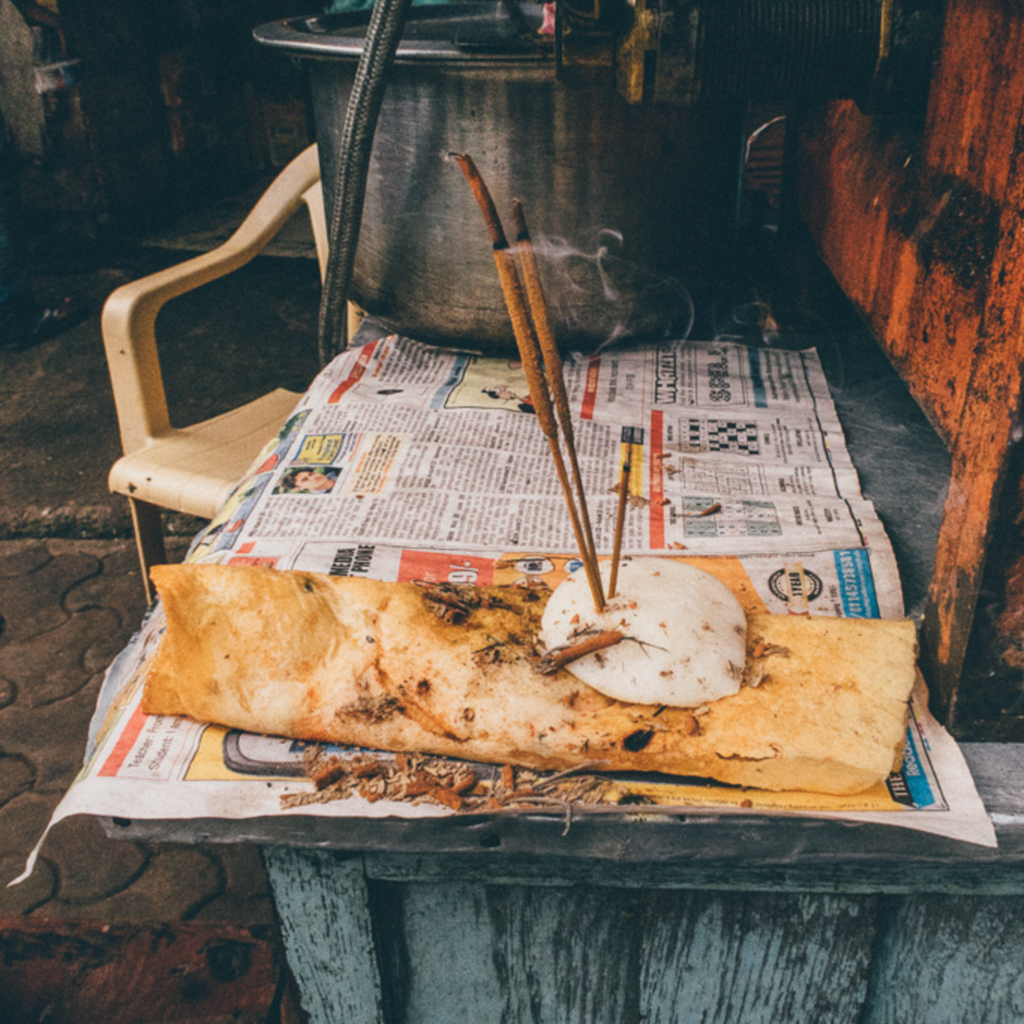
These images are just a glimpse into how scores of Mumbaikars work round the clock to get food to our plates. It is a collective effort of thousands of hands, mostly invisible. There’s also hope, happiness and faith in every little action of theirs.
(This subject was documented in great detail in the latest issue of the Mumbai Paused Zine – The Cooked Issue. It’s available for free download at https://mumbaipaused.stck.me/post/110457/Mumbai-Paused-Zine-06. So tuck in…)